
Michael Klein's Interviews
Middle-income jobs have been declining over the past decades, leaving behind a polarized workforce, with one group of people doing high-skilled, well remunerated work, and another growing set, that are in low-wage, relatively economically insecure positions, that don't have much of a career ladder. Automation, globaliz
To what extent does where you live determine how you live? In particular, does growing up in a poor neighborhood reduce one's chances for economic and social advancement, greater educational achievement, and better health? Poor people typically live in poor neighborhoods. But would those people do better living in bett
Tax Policy Through the Ages (Re-broadcast)
Michael Klein speaks with Michael Keen and Joel Slemrod about their new book, Rebellion, Rascals and Revenue: Tax Follies and Wisdom Through the Ages, highlighting the challenges governments face when taxing their citizens, how taxes alter people's behavior, and the difficulty in assessing who bears the burden of a par
Careers, Families, and Women’s Journey towards Economic Equity (Re-broadcast)
About one-fifth of women who graduated from college between 1900 and 1920 were in the labor force in their mid to late twenties. In contrast, more than four-fifths of women graduating from college between 1980 and 2000 worked outside the home in their mid to late twenties. A flip side of this is the proportion of women
Automation or (Immigrant) Labor? Responding to Labor Scarcity
Much of the demand for automation in richer countries - whether it be for self-checkout machines or driverless trucks - is driven by labor scarcity. And as populations in these countries age, this scarcity will become more acute. Yet, as Lant Pritchett highlights in a recent Foreign Affairs article, globally, labor re
The Long 20th Century: Material Progress, Rising Inequality, and the Elusive Utopia
The 20th century was defined in large part by the conflicts between free market-oriented ideas, and policies favoring government intervention to soften the effects of unbridled markets. It was also defined by broad increases in quality of life. Yet, even as material progress of the last 150 years greatly exceeded that





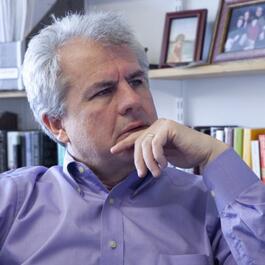

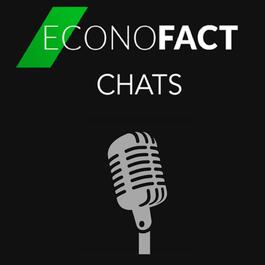


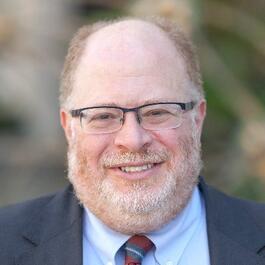




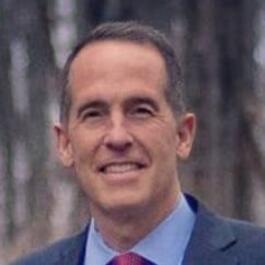


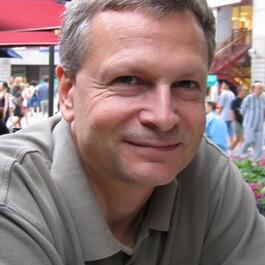


Shout-outs
Add shout-out